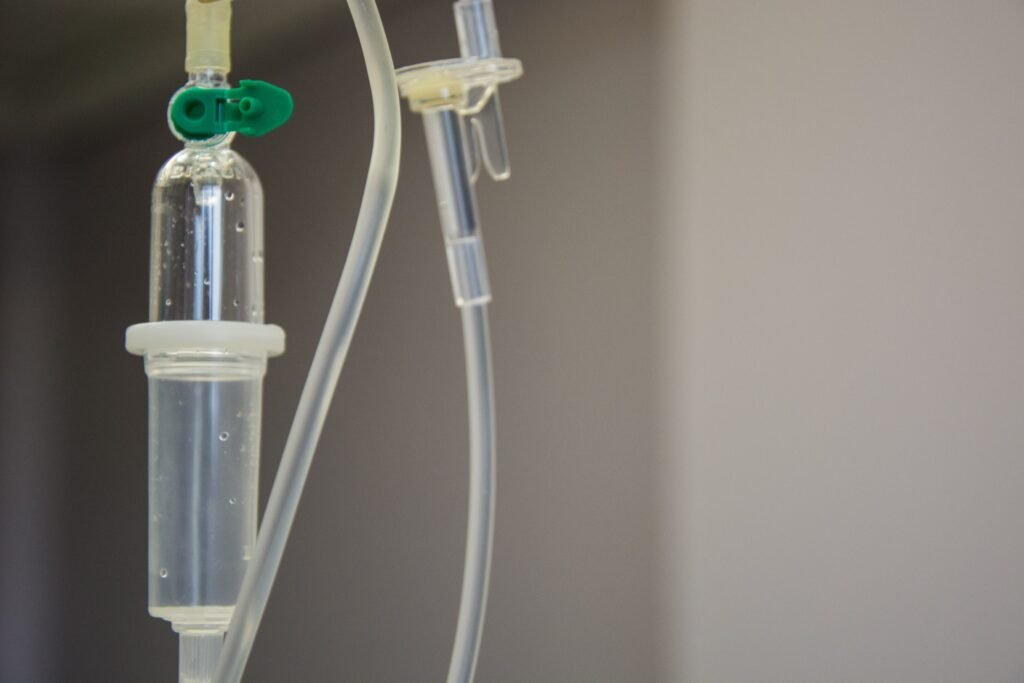Did you know that health insurance typically covers a wide range of medical expenses, ensuring that you receive the necessary care without having to worry about the financial burden? However, amidst the various modes of payment available in today’s digital age, have you ever wondered which one is not commonly accepted by health insurance providers? Understanding this aspect can help you make informed decisions when it comes to managing your healthcare costs. In this article, we’ll explore the different modes of payment accepted by health insurance, and shed light on the one option that is rarely utilized in this context. So, let’s uncover the mystery together!
Which Mode Of Payment Is Not Used By Health Insurance

Read More Information at Health Joy
Introduction
When it comes to paying for healthcare services and medical expenses, health insurance is often the go-to option for many individuals and families. Health insurance providers typically offer various modes of payment to make it convenient for policyholders to settle their bills. However, there are certain modes of payment that health insurance does not typically accept. In this article, we will explore the different payment methods commonly used in the healthcare industry and identify which one is not commonly accepted by health insurance companies.
Cash Payments
Cash payments have long been a widely accepted mode of payment in various industries, including healthcare. However, when it comes to health insurance, cash payments are generally not accepted. This is primarily due to the need for proper documentation and tracking of payments for insurance claims and reimbursements. Health insurance companies usually require electronic records or receipts to process payment and track expenses accurately.

Read More Information at Health Joy
Personal Checks
Another mode of payment that health insurance companies do not commonly accept is personal checks. While personal checks were once a popular way to pay bills, they are now less commonly used due to the rise of electronic payment methods. Health insurance companies prefer more secure and efficient payment options that can be easily tracked and processed, reducing the chances of errors or delays in payment processing.
Money Orders
Similar to personal checks, money orders are also not typically accepted by health insurance companies. Money orders can be purchased with cash and provide a secure form of payment. However, the process of verifying and processing money orders involves additional manual steps, which can be time-consuming and may lead to delays in payment processing. Therefore, health insurance companies prefer electronic payment methods that offer greater speed and efficiency.

Credit Card Payments
Credit card payments are one of the most commonly accepted modes of payment in the healthcare industry. Health insurance companies often allow policyholders to make payments using their credit cards, which provides convenience and flexibility. Credit card payments offer immediate authorization and are electronically processed, ensuring a quick and hassle-free payment experience for both the policyholder and the insurance provider.
Debit Card Payments
Similar to credit card payments, health insurance companies generally accept debit card payments. Debit card payments are directly linked to the individual’s bank account, allowing for real-time transaction processing. This mode of payment offers convenience and eliminates the need for carrying cash or writing checks. Additionally, debit card payments provide policyholders with the flexibility to manage their healthcare expenses without relying on credit.
Electronic Funds Transfer (EFT)
Electronic Funds Transfer (EFT) is a secure and efficient mode of payment that health insurance companies commonly accept. EFT allows policyholders to authorize the transfer of funds directly from their bank accounts to the insurance provider’s account. This automated process eliminates the need for manual payment initiation and ensures timely payment processing. EFT is widely used for recurring premium payments and simplifies the payment process for policyholders.
Wire Transfer
While wire transfers are commonly used for various financial transactions, they are not commonly accepted by health insurance companies as a mode of payment. Wire transfers involve the movement of funds from one bank account to another and often come with fees and additional processing time. Due to the complexities and potential delays associated with wire transfers, health insurance companies generally prefer more streamlined payment methods for their policyholders.
Digital Wallets
Digital wallets, such as Apple Pay, Google Pay, and Samsung Pay, have gained popularity in recent years due to their convenience and security features. However, health insurance companies do not typically accept payments through digital wallets. While these payment options offer convenience for everyday transactions, the healthcare industry has been slower to adopt them due to security concerns and the need for standardized payment processing systems.
Cryptocurrencies
Cryptocurrencies, such as Bitcoin and Ethereum, have emerged as an alternative mode of payment in various industries. However, health insurance companies do not commonly accept cryptocurrencies as payment. The volatility and regulatory challenges surrounding cryptocurrencies make them less suitable for the structured and regulated nature of health insurance payments. Additionally, the lack of widespread adoption and acceptance of cryptocurrencies further limits their use in the healthcare industry.
Conclusion
In conclusion, health insurance companies accept various modes of payment to ensure convenient payment options for policyholders. However, there are certain payment methods that are not commonly accepted. Cash payments, personal checks, and money orders are generally not accepted due to the need for electronic documentation and tracking. While credit card and debit card payments are widely accepted, health insurance companies prefer more streamlined options like electronic funds transfer (EFT). Digital wallets and cryptocurrencies are also not commonly accepted due to security concerns, lack of adoption, and regulatory challenges. By understanding the modes of payment accepted by health insurance companies, policyholders can make informed decisions and ensure a smooth payment experience.








